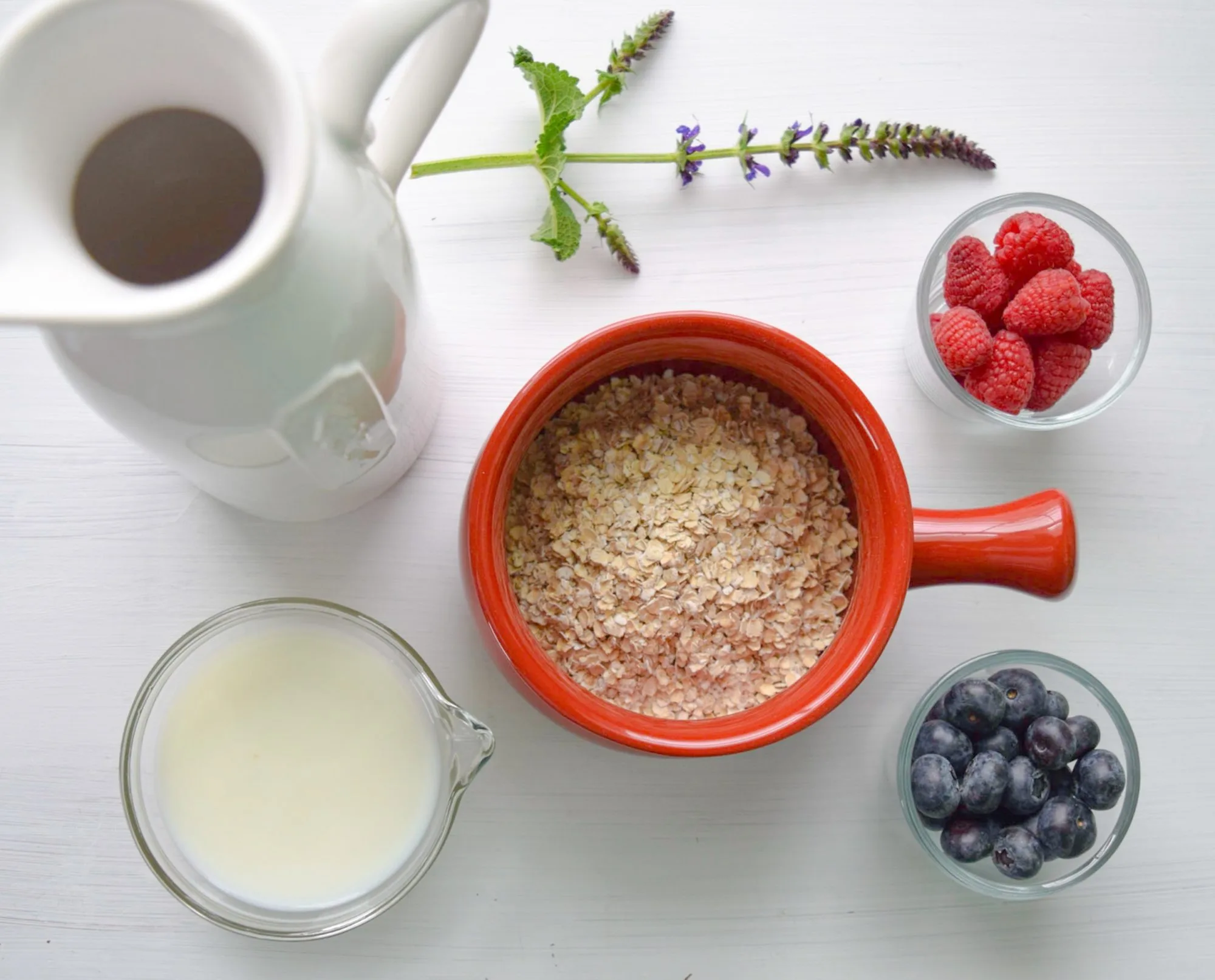A rising intolerance to dairy, along with more people looking to the principles of the vegan and paleo diets, has given way to a number of different plant-based milks. This is also a fast-growing industry, with Innova Market Insights predicting it to reach over $16 billion in 2018. The best known among them include almond milk, soy milk, coconut milk and rice milk, while there is also an option for hemp milk, for the more adventurous types. But have you heard of oat milk?
This type of milk is swiftly gaining recognition – whilst quietly growing its number of hashtags with the coffee-lovers of Instagram. It is made from the same cupboard staple with which most of us have been raised well. Enter the lowly oatmeal: and for good reason. The taste of its milk is considered creamy yet not too strong, baristas praise it for its ability to produce good foam, and it is also seen as more eco-friendly milk. Pegged against almonds, oats need about six times less water to grow, according to one report by The Independent. You can also make your own at home, using ingredients that are likely already in your cupboard.
What are the health benefits of oat milk?
Jessica Oosthuizen, a registered dietician for Nutritional Solutions, explained that opting for oat milk is a good idea for individuals who suffer from milk allergies, experience lactose intolerance, vegans, IBS sufferers, and people who need a dairy alternative but are allergic to nuts and soya.
Photo by Leon Seibert on Unsplash
It is also safe for those who suffer from celiac disease, provided you ensure it is sourced from gluten-free oats and made with equipment containing no traces of gluten. Nutrition expert Linda Drummond adds that those looking to limit fat and saturated fat in their diets could choose a plant-based nut-free milk option instead. Oat milk can also prove to be a more affordable option, given that coconut and almonds tend to be more expensive ingredients, which drives up the price of milk made from them.
On the other hand
Jessica says that choosing a milk alternative is based on individual preference and need. “It must be noted that oat milk is much higher in carbohydrates and completely devoid of calcium, whereas almond milk has a very low carbohydrate content, making it a low kJ option. It is also much higher in calcium.”
Additionally, when one looks at the nutritional composition of plant-based kinds of milk, almond milk is considered to have more nutritional value than oat milk, and there are too few nutritional studies on oat milk to say it should be chosen above other dairy alternatives. However, there is no denying its eco-factor and the ease with which you can make it for yourself. Consumers should be aware of the differences between milk alternatives in order to make an informed choice if they are to stay clear from dairy.
“Dairy is generally consumed as a source of protein and calcium and oat milk is not naturally a good source of these nutrients,” Linda explains. “This is less on an issue for adults who don’t usually rely on dairy as their main source of protein, who can consume a variety of other foods in the amounts required to get enough protein and calcium in their diets. Some oat milks may be fortified with calcium and other nutrients found in dairy, but this is not the case with all of them. This is why it’s important to read labels. Parents of infants and young children should also note that it is not suitable for them as a dairy alternative, as children who don’t receive dairy can develop nutrient deficiencies and this can have an impact on their growth.”
Nutritional information per 100ml
Vladislav Noseek/Shutterstock
Energy: 184kJ
How to make your own oat milk
Ingredients required:
- 1 cup rolled oats
- 3 cups water
Method of preparation:
1. Add the oats and water into a high-powered blender. Blend on high until a thick, smooth consistency is attained.
2. Pour the mixture through a cheesecloth (or nut milk bag) into a large bowl. After it has filtered through, squeeze the remaining milk from the bag into the bowl.
3. Store in a sealed container and refrigerate. It can be kept for 2-3 days in the refrigerator.
Serving suggestion:
For some people, oat milk has a distinct oat-like taste that can be off-putting. If you want to alter the taste and keep the health benefits, you can add vanilla extract or some Medjool dates for a sweeter taste.



